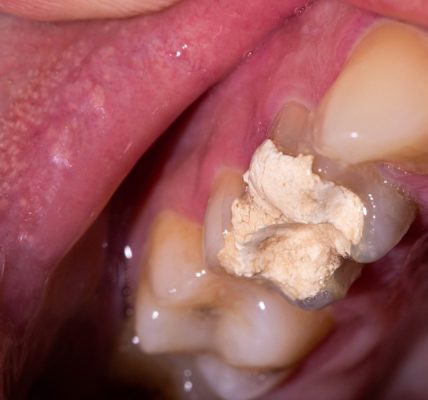Body water retention during weight loss creates confusion and frustration for many people. This natural process often masks true fat loss progress, leading to temporary weight fluctuations on the scale.
Science behind water retention
Our bodies are largely composed of water. During weight loss, various factors influence how much water our bodies hold onto. This retention happens in different body tissues and can make the scale show higher numbers even when fat loss occurs. The body’s complex systems work to maintain proper fluid balance while adapting to dietary changes.
Common triggers of water retention
Salt intake plays a major role in how much water stays in our bodies. When we eat more salt than usual, our bodies hold extra water to maintain proper sodium concentration. Exercise, especially new or intense workouts, causes muscles to retain water for repair and recovery. Hormonal changes throughout the month affect how much water women’s bodies store.
Dietary factors affecting water balance
Carbohydrate changes impact water retention significantly. Each gram of stored carbohydrate holds several grams of water. When starting a new eating plan, carbohydrate levels often decrease, leading to initial water weight loss. Protein intake affects fluid balance, too. Adequate protein helps maintain proper fluid distribution in body tissues.
Sleep patterns and water retention
Poor sleep disrupts normal hormone patterns that control fluid balance. Getting enough quality sleep helps regulate these hormones properly. Many patients at Medical Weight Loss Pasdena notice improved water balance when they maintain regular sleep schedules.
Exercise effects on fluid balance
Starting new exercise routines often leads to temporary water retention. This happens because muscles need extra fluid for repair and growth. This type of retention usually decreases as the body adapts to new activity levels. Regular exercise eventually helps improve overall fluid balance.
Hormonal influences on water retention
Monthly hormone cycles cause regular water retention patterns in women. Stress hormones also impact how much water the body holds. These hormonal effects create predictable patterns of fluid retention that vary throughout the month.
Medical conditions and medications
Some health conditions cause increased water retention. Certain medications list water retention as a side effect. These factors need consideration when evaluating weight changes during the loss process.
Daily weight fluctuations
Scale weight often varies by several pounds throughout the day due to water. Morning weights typically show lower numbers than evening weights. These normal fluctuations reflect changing fluid levels rather than fat loss or gain.
Proper hydration importance
Drinking enough water actually helps reduce water retention. When properly hydrated, the body releases excess stored water more readily. This seems counterintuitive, but it helps maintain a healthy fluid balance.
Different seasons bring different challenges for water retention. Summer heat and winter inactivity affect fluid balance differently. Planning for these seasonal changes helps maintain consistent progress. Building awareness of personal water retention patterns helps manage weight loss expectations. This knowledge leads to better long-term results and less frustration with temporary fluctuations.











